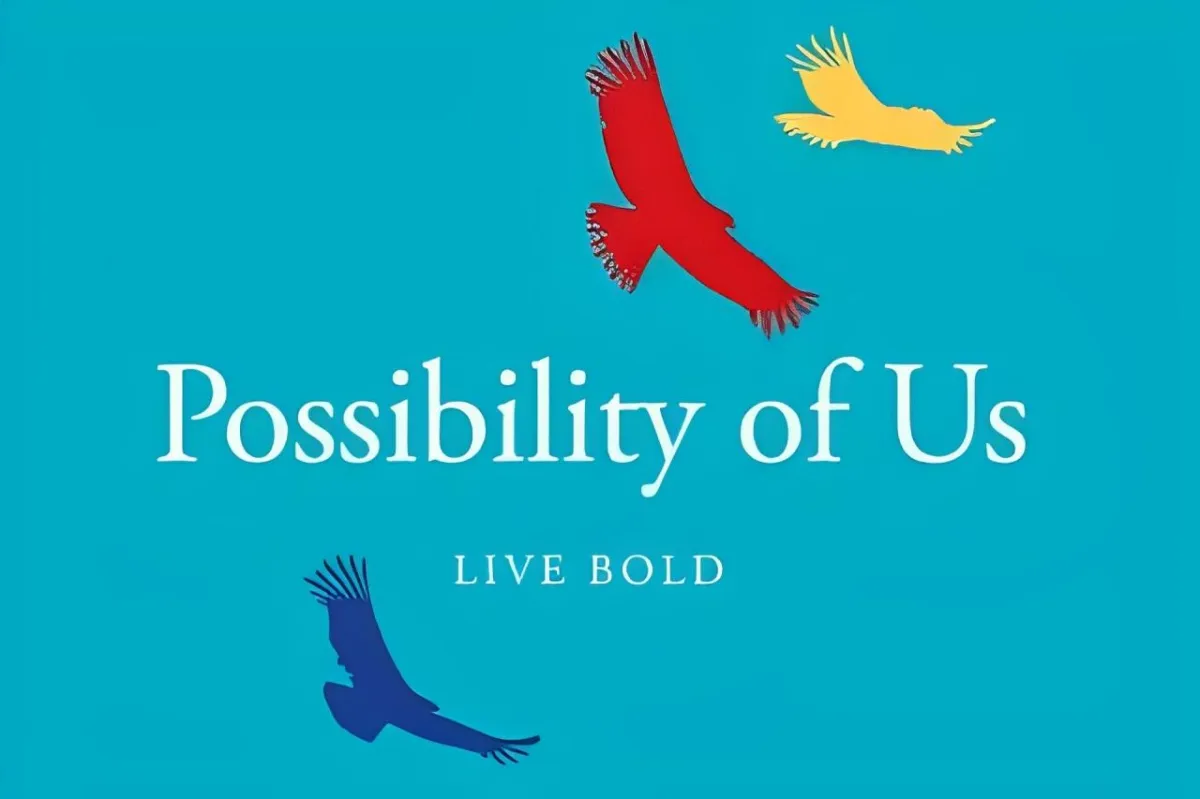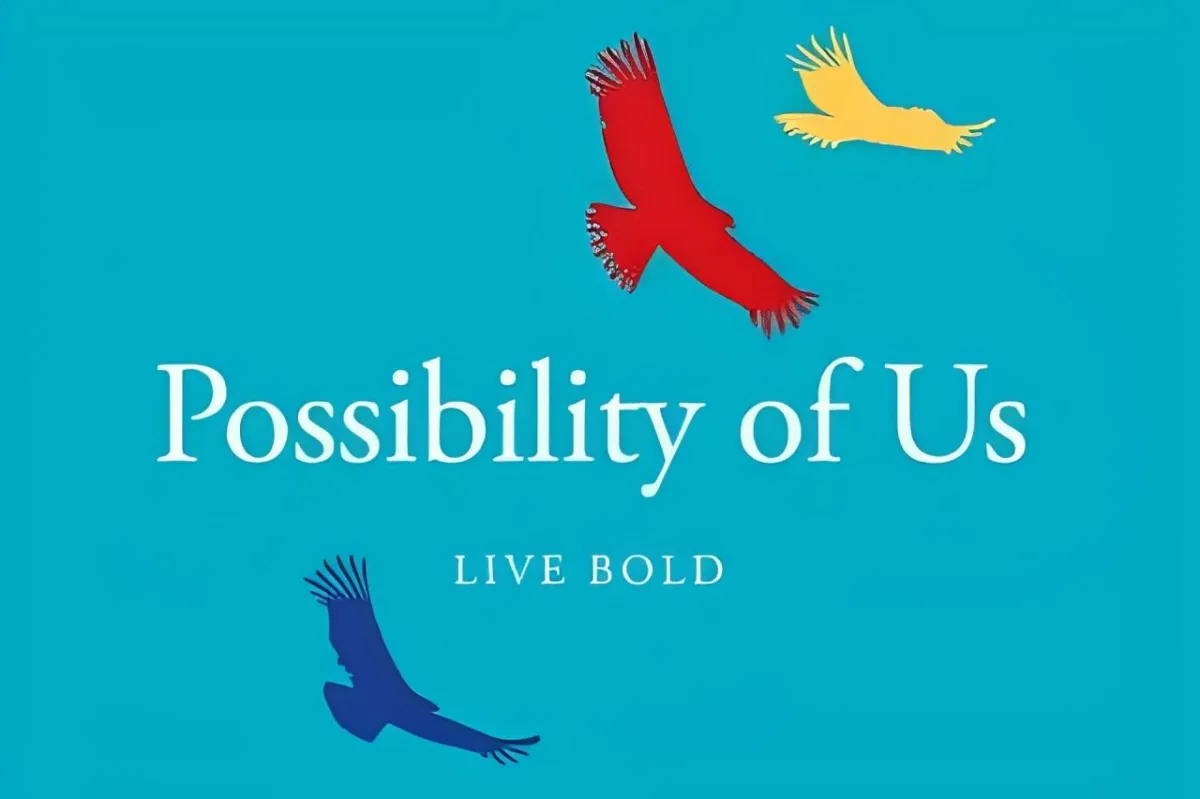See Our Latest Blogs- Coming Soon

Should You Start your Own Business
Should You Start Your Own Business—or Become an Entrepreneur? A No-BS Guide for Midlife Pros
So, you’re at a bit of a midlife crossroads. Perhaps like two thirds of the working population you’re either indifferent, disengaged from or hate your work or workplace (Gallop Workplace Report 2024). You’re thinking: should I be bold and venture out on my own? Maybe start or buy a business, become a freelancer, consultant, or entrepreneur?
Or maybe, like me, you’re at a certain stage of life where ageism is likely to limit your employment opportunities. In Australia, according to COTA(The Council of the Ageing), one in three Australians have experienced age discrimination. Age bias often begins in the mid-40s to 50s, and becomes more visible by the 60s.
I remember the wise counsel of my brother when I told him I’d been made redundant at 52.
‘ You’re f…..’
So, if you’re thinking about taking the plunge into the world of being your own boss or don’t have much choice in the matter here are some things to think about.
Why People Consider It—And What the Data Says
Becoming your own boss promises autonomy and a chance to align work more closely with your values your passion, the vision you have for your life. Maybe there’s the opportunity to create wealth and freedom way beyond what the normal job could possibly provide.
I belong to a community of entrepreneurs inspired by Australian entrepreneur Aaron Sansoni (https://aaronsansoni.com/) where many members have been able to achieve this.
They have started businesses, acquired and sold businesses, bought equity, shares, property, gone into partnerships. Some have done more than one of these to create multiple streams of income.
I’m currently learning how to do just this. In my mind the only path to a more secure future— absolute security has never been a thing— in an increasingly uncertain world is to create multiple streams of income.
Of course, it’s not easy. It’s not a path for everyone. Although having said that, I remember the response of my coach when I declared I wasn’t cut out for business— I was a teacher and social justice warrior not a businessperson!
‘Where’s the evidence you can’t run a business. How many businesses have you failed at?’
‘None. Oh…’
It’s this fear of failure that holds a lot of people back from pursuing their dreams. In the 2024/25 Global Entrepreneurship Monitor report, about 49 % of respondents said they hesitate to start a business due to risk concerns GEM Global Entrepreneurship Monitor.
And it is true that lots of businesses fail. In Australia, of the 2.7 million actively trading businesses as of June 2025, the entry rate was 16.4 % in one year, and the exit rate was 13.9 % Australian Bureau of Statistics. Put differently: many new businesses start, but many also close within a relatively short period.
The main reasons for failure according to the ABS are poor cash flow, lack of market demand, weak planning, financial illiteracy, poor leadership, and failure to adapt to economic or technological change. Of course these are all skills that can be learned or outsourced.
So, knowing the facts are you up for the challenge? The Henry Ford quote comes to mind: “Whether you think you can, or you think you can’t — you’re right.” Often the greatest risk is in not taking the risk.
The good news is that like almost anything entrepreneurship can be learned. With commitment, knowledge and being around the right people almost anything is achievable.
The payoff could be huge. Research on the impact of entrepreneurship shows that at individual, firm, and societal levels, the benefits include financial freedom, enhanced personal fulfillment, increased innovation, and healthier communities Cambridge University Press & Assessment+1
The Challenges
·Financial volatility: The income curve is rarely steady. You may face lean months or cash crunches, what is technically called the shitty bit, especially early on.
·You must become a business generalist (or outsource)
It’s not just about your craft (tech, design, marketing). Contracts, sales, accounting, legal issues, compliance — these become unavoidable.
·Emotional and social toll
Entrepreneurship can be lonely if you don’t surround yourself with the right people. Rejection, stress, decision overload, and uncertainty are frequent companions.
·Scaling complexity
If your ambition is growth, you’ll need to build a team, systems, processes, culture. Many founders fail not because their product was bad, but because they weren’t ready for the people and operations side.
What Signals Suggest You’re Ready
You’re more likely to succeed if certain factors are in your favour:
You already have a strong network or reputation (people who trust your work)
You’ve been asked repeatedly for side projects or consulting — there’s evident demand
You have a financial buffer (six to 12 months of living expenses)
You’re psychologically wired for risk, resilience, and self-motivation
You’re willing to learn business skills or partner with someone who has them
Also, self-confidence is correlated with entrepreneurial outcomes.One study found that individuals with higher self-confidence are both more likely to start ventures and see success in those ventures. ScienceDirect
How to Test the Waters
You don’t have to quit your job immediately. Here’s a lower-risk way to explore:
·Moonlight
Take on client work or products evenings/weekends. Treat it like a lean startup: minimal investment, rapid feedback.
·Validate ideas early
Before building full-scale, test demand (pre-orders, pilot projects, surveys) to ensure people will pay.
·Build visibility & trust
Share thought leadership, articles, case studies. Let your target audience see why you’re credible.
·Get your foundation in place
Even small ventures need contracts, bookkeeping, tax planning, maybe a legal entity. Set it up properly from the start.
·Start small and scale
Don’t overcommit. Use early income to reinvest and grow gradually as you confirm product-market fit.
When It Might Not Be the Right Move
Entrepreneurship is not inherently noble or right for everyone. Consider these red flags:
You need stable income now (loans, dependents, mortgage).
You dread selling yourself or networking (sales is inevitable).
You hate ambiguity and want predictable routines and structures.
You lack either the time or psychological bandwidth to wear many hats (vision, operations, finance).
You’re content doing deep work in a team and don’t want the burden of running a business.
Final Thoughts
Should you start a business or become an entrepreneur? The answer depends on your readiness, ambition, support system, and tolerance for risk.
If your drive is autonomy, owning your impact, and leveraging your experience toward a venture you believe in, and you can tolerate financial pressure and uncertainty, entrepreneurship might be a bold, fulfilling next act.
If, on the other hand, you value stability, structured responsibilities, and less personal risk, staying in employment may be wiser.
Either path can be rewarding. The question is: what’s the vision for your life? Where do you want to play, and under what terms?
Want help working out whether business or entrepreneurship is the right path for you?
Let’s talk: Book a Life Design Coaching session
Phil Voysey
Investor, Life Design Coach, Facilitator
Author of:
Ageing (dis)Gracefully: How to Flourish in the Second Half of Life – Buy in Australia
Workbook: Meaning, Vitality and Joy in the Second Half of Life – Download here
What others are saying
Education. Inspiration. Transformation.
Empowering you to flourish in the second half of life with the tools, experiences, and support to create lasting change.
© 2026 Possibility of Us - All Rights Reserved


